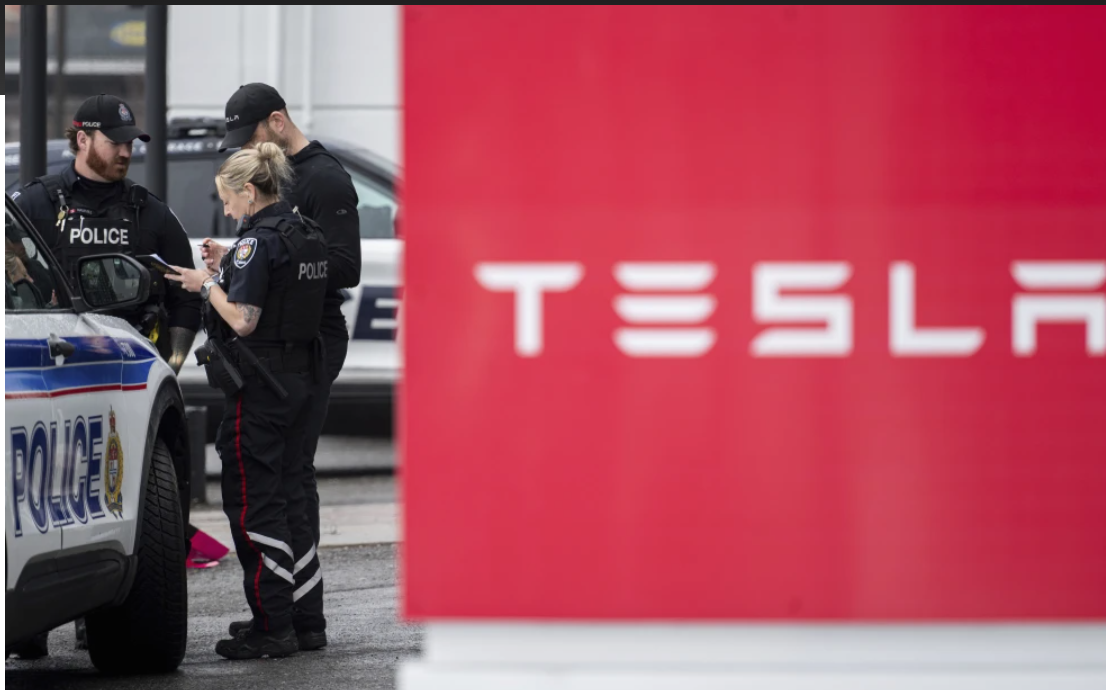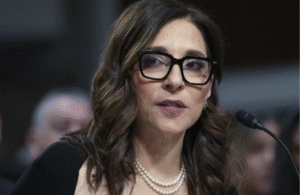Tesla experienced a 13% drop in sales during the first quarter of this year, signaling potential struggles for Elon Musk’s electric vehicle company in attracting buyers. This decline likely stems from several factors, including an aging vehicle lineup, increased competition from rivals, and backlash linked to Musk’s political stances. Additionally, this drop raises concerns that Tesla’s upcoming quarterly earnings report might fall short of investor expectations.
The company reported global deliveries of 336,681 cars from January to March, down from 387,000 during the same period last year. This decrease occurred despite offering substantial discounts, zero-interest financing, and other promotional incentives. Analysts had predicted higher sales, expecting around 408,000 deliveries, but Tesla fell significantly short.
Dan Ives from Wedbush noted that Tesla is facing weak demand in key markets like the U.S. and China, along with mounting pressure in Europe. He emphasized that the company’s brand image issues are clearly affecting sales. “The situation is dire across all metrics,” Ives stated, acknowledging that while analysts anticipated a tough quarter, the results were worse than expected.
Tesla’s stock has fallen nearly 50% since reaching a record high in mid-December. This decline followed a shift in market sentiment, as initial optimism about potential regulatory benefits and profits under a Trump administration gave way to concerns over Musk’s controversial political affiliations and consumer boycotts.
It’s still unclear how much of the sales drop is due to these political issues versus other factors. The broader EV market has also shown signs of slowing growth, with Tesla facing increased competition from rivals like BYD. The Chinese automaker recently introduced a fast-charging technology that can significantly reduce charging times, further challenging Tesla’s market share.
Following the sales report, Tesla’s stock dropped nearly 6% in early trading.














